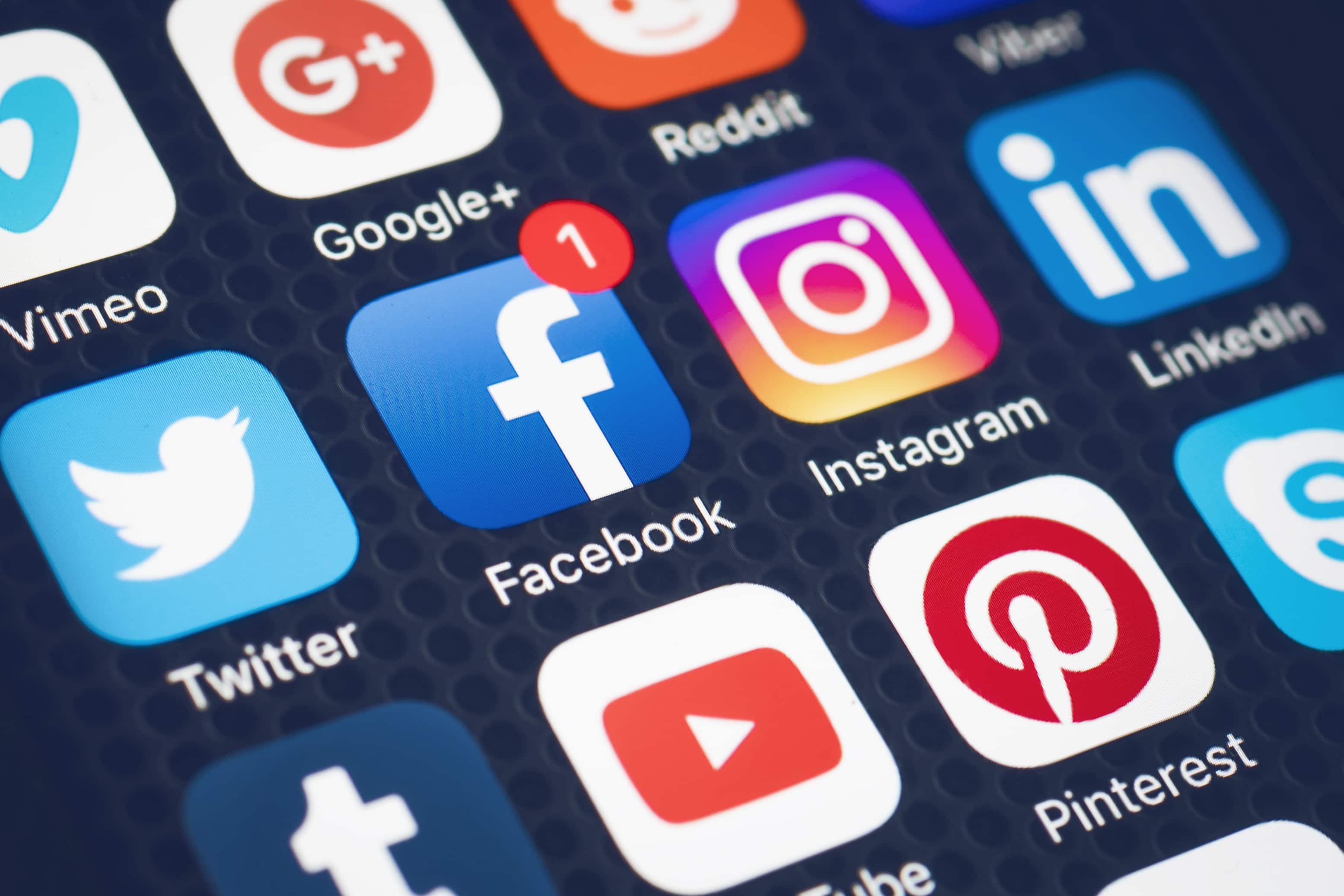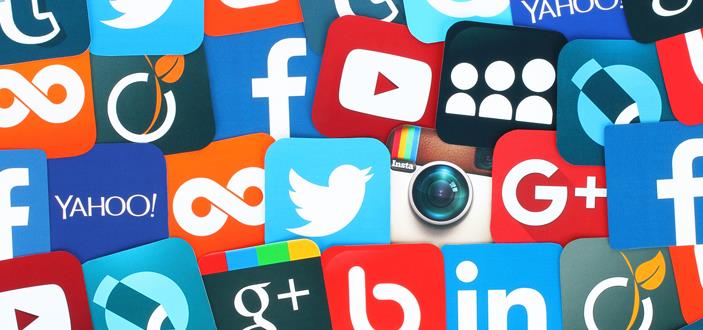End of Social Media as We Know It
Introduction
The rise of social media platforms over the past decade has revolutionized the way we connect, communicate, and consume information. From Facebook to Instagram, Twitter to TikTok, these platforms have become an integral part of our daily lives. However, recent years have witnessed a growing sentiment of discontent and skepticism toward social media, leading many to question the future of these digital landscapes. This article delves into the concept of the “End of Social Media” and explores the death of trust in these platforms.

The Erosion of Trust
Social media platforms were initially hailed as democratic spaces, giving individuals a voice and fostering connections on a global scale. However, over time, various factors have contributed to the erosion of trust in these platforms. One prominent issue is the prevalence of fake news and misinformation. Social media has become a breeding ground for the rapid spread of false information, often leading to real-world consequences. As trust in the reliability and accuracy of shared content diminishes, skepticism towards social media as a whole increases.
Moreover, privacy concerns have further fueled the decline in trust. High-profile data breaches and scandals have exposed the vulnerabilities of social media platforms, leaving users wary of sharing personal information online. The monetization of user data by tech giants has raised ethical questions and heightened concerns about the exploitation of individuals’ privacy.
The Declining Relevance of Social Media
In addition to trust issues, the declining relevance of social media has played a significant role in questioning its longevity. Many users are experiencing social media fatigue, feeling overwhelmed by the constant influx of information and the pressure to maintain an online presence. The “fear of missing out” (FOMO) that once drove engagement on these platforms has given way to a desire for more authentic, meaningful connections.

Furthermore, alternative forms of digital communication and information sharing have emerged. Messaging apps, private online communities, and niche platforms offer users more focused and personalized experiences, reducing their reliance on traditional social media. As these alternatives gain popularity, the user base of mainstream social media platforms may continue to dwindle.
The Future of Social Media
As social media faces these mounting challenges, it is crucial to assess the future trajectory of these platforms. While it is unlikely that social media will completely disappear, its landscape is likely to evolve significantly. Platforms will need to adapt to address user concerns, including privacy, misinformation, and the overall user experience. Stricter regulations and improved algorithms to combat fake news and harmful content will be necessary to regain trust.
Moreover, social media may become more integrated into our daily lives, focusing on quality interactions rather than superficial metrics such as likes and followers. Building communities based on shared interests, values, and authentic connections may become the new norm. Social media platforms that prioritize user well-being and mental health are likely to thrive in this evolving digital landscape.
Conclusion
The “End of Social Media” is a concept that reflects the growing disillusionment and waning trust in these platforms. The erosion of trust due to fake news, privacy concerns, and declining relevance has reshaped the social media landscape. However, it is essential to recognize that social media will continue to play a role in our lives, albeit in a transformed manner. The future of social media lies in addressing the challenges it faces, rebuilding trust, and providing users with more meaningful and authentic digital experiences.
You can also buy instant:


Cashapp Money Transfer Click here
Paypal Money Transfer Click here
Western Union Money Transfer Click here
Venmo Money Transfer Click here
Bank Money Transfer Click here to Contact Us
